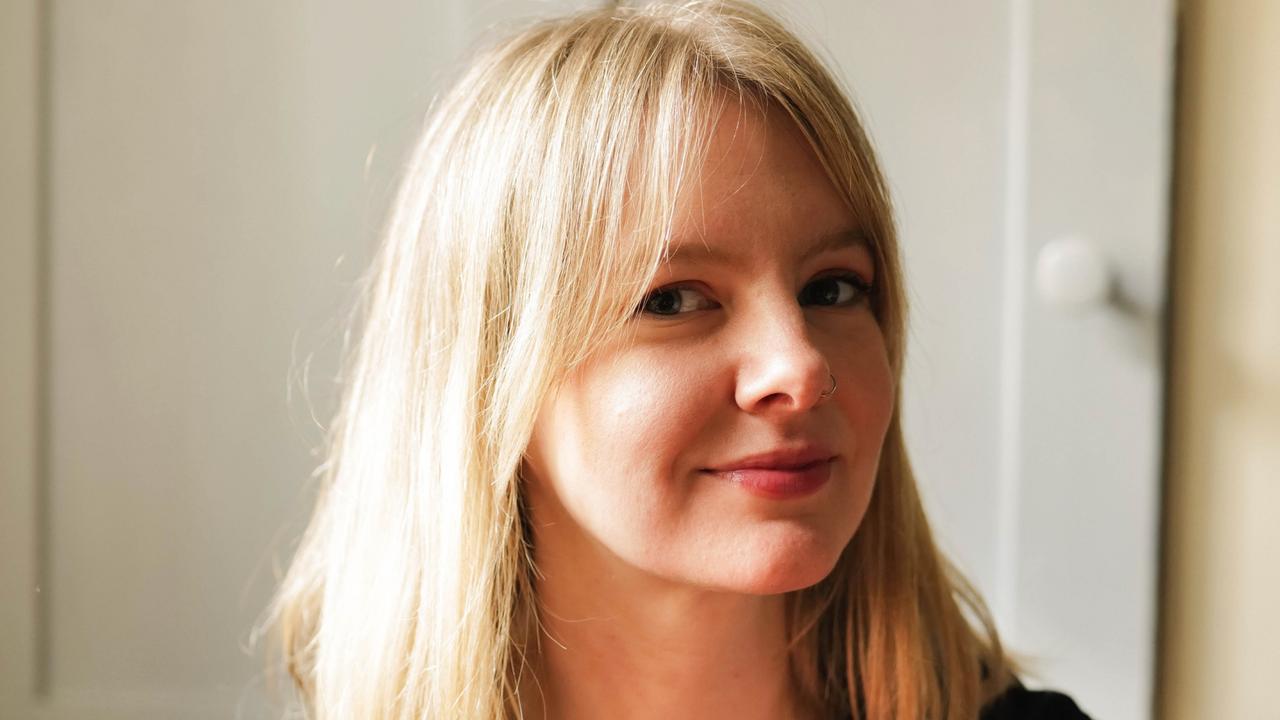American screenwriter David Koepp turns focus on Australia in first thriller novel
The man behind Jurassic Park, Panic Room and many more blockbusters has a new thriller coming out featuring reanimated corpses and a mutant parasite. And it all starts Down Under.

Books
Don't miss out on the headlines from Books. Followed categories will be added to My News.
- Prince Andrew: I don’t remember meeting ‘sex slave’
- Leonardo DiCaprio concerned for Aussie wildlife in fires
Like so many Americans, debut novelist David Koepp — the screenwriter/director responsible for Jurassic Park, Mission Impossible, Panic Room, Indiana Jones and a slew of other cinema blockbusters — says he would love to visit Australia, if it just wasn’t so far away.
He’s never been Down Under, but Koepp said he couldn’t resist Australia when he was looking for a remote setting for his debut novel — a thrilling page-turner already slated for the big screen called Cold Storage.
It’s about a mutant fungus, Cordyceps novus, that reanimates the dead, takes over human minds and threatens to wipe out humankind.
“I confess I have never been to Australia!” said Koepp, who injects humour and wit into the sometimes gory story.
“Although there is talk of us shooting the whole movie there, so I may get to know the place very well very soon. I have always wanted to go, the only thing that’s kept me away has been the distance — it gets hard to schedule a quick trip Down Under.”
Okay, so to bring you up to speed with Cold Storage: the fungus mutates in space on-board the first space station, Skylab, and a tank lousy with the stuff falls to ground in remote WA, where it goes wild and wipes out a small town.
A US team is sent to clean up the mess in the 1980s — but they take a sample home, which is buried in underground caves for decades.
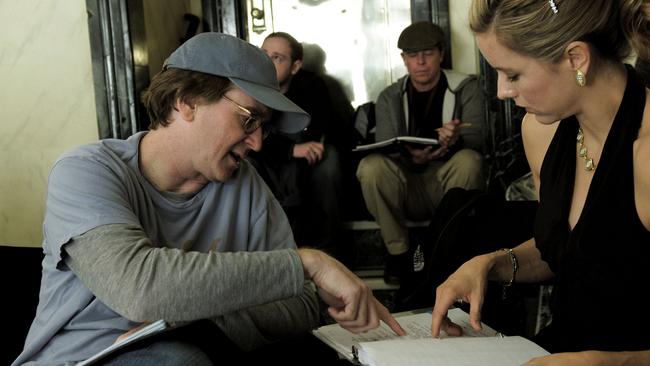
When the fungus is reactivated by rising temperatures decades later, the fate of humans is on the line.
The mutated fungus can enter the human brain and take over the body — as well as reanimating dead animals and people.
Koepp said he chose to set part of his book in remote Australia because it “fit the bill”.
“I wanted somewhere remote and inhospitable, and parts of remote Western Australia certainly fit that bill.
“But the truth of the matter was that area is where most of Skylab came down when it crashed back to earth in the late ‘70s, and the mutated fungus hitching a ride on one of Skylab’s external O2 tanks was a vital part of my story — so it all made sense.”
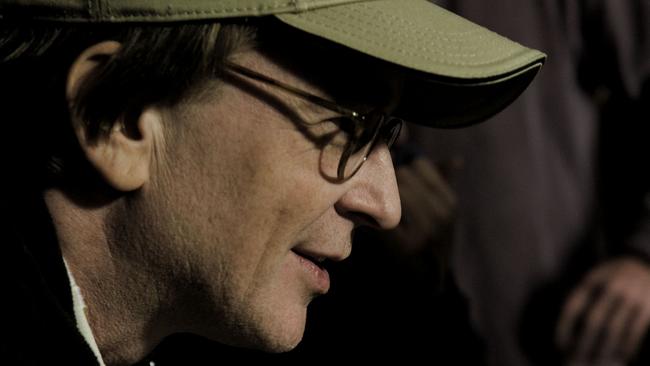
Back in the US in the present, a loveable loser, Teacake, and his unlikely love interest Naomi are the heroes of the story, guided by the ageing Agent Diaz, who fought the fungal menace decades earlier Down Under.
Teacake, who has to fill every silence with his awkward mutterings, has served jail time and works a dead-end job in the storage facility where the fungus is hidden deep in the earth. Naomi seems to be out of his league, but his odd charm wins her over.
Asked whether Teacake — who turns out to be an unwitting defender of the human race — is a hero or a loser, Koepp staunchly defends his ultimately well-intentioned character.
MORE NEWS
Taliban refuses to release Aussie teacher, blames America
Roger Stone guilty: Sixth Trump aide convicted
Tech to protect Aussie firefighters
“He is absolutely a hero. I wanted a character who had been through struggle, and was continuing in that struggle, and still persevered.
“I wanted somebody with a good heart who had faced some setbacks in their life, but they were determined to still make something of themselves, and of their life.
“Teacake represented that for me, and I think Naomi saw those qualities in him. His way of nervous talking, or rattling on and on when there’s really nothing to say, was to me an endearing quality.”
The novel is big on scientific facts explaining the evolution of the mutant fungus, in the vein of Michael Crichton, with a touch of Stephen King’s focus on folksy character backstories and the slow-burn build-up to knockout scenes that propel the story forward.

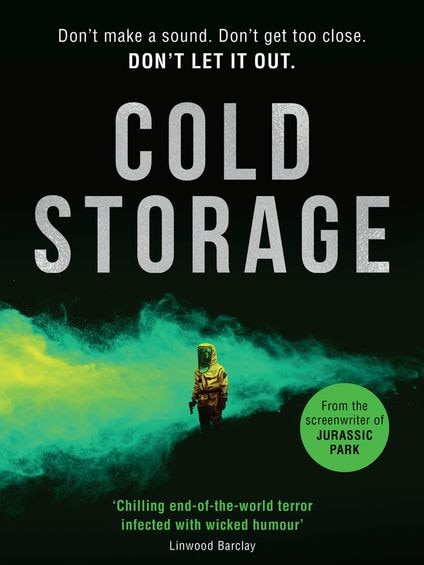
“I remember reading once, perhaps in his (King’s) horror memoir Danse Macabre, that he thought there were three levels of horror in fiction writing: the deep, psychological horror, which is the most intense and most difficult to pull off; the jump-out-and-say-boo type scare; and then, if nothing else worked, the gross-out. I hope I have all three of those in this book — I know for certain I’ve got the gross-out!”
At the end of the book, Koepp thanks real-life scientist Dr Andrei Constantinescu (“who was of enormous help with the science”) and says “anything that is too fanciful here is not his fault”.
But Koepp insists the story is not as far-fetched as you might think.
“The story is very much grounded in reality and in real science. There are several hundred species of Ophiocordyceps, and they really do reproduce along the lines of what I described in the book.
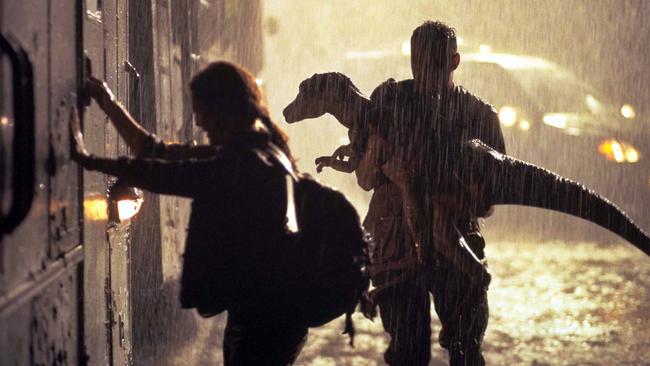
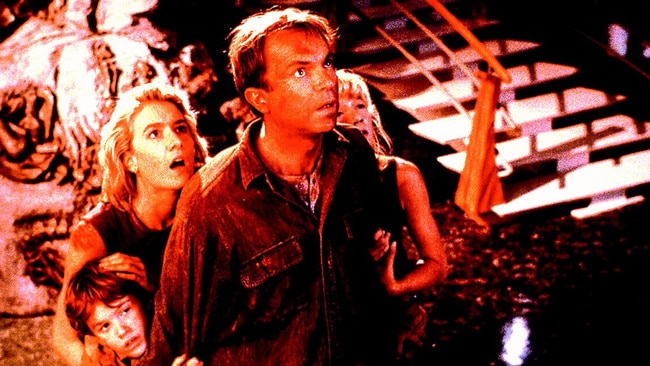
“The only leap I took was in suggesting that among those hundreds of variations, there might be one that found its greatest success reproducing inside humans — but really, how much of a leap is that? We have bodies that are warm-blooded and highly secure, we are numerous, mobile, and highly social.
“If I were a parasitic fungus, I’d be looking for somebody exactly like me.”
Cold Storage, by David Koepp, is published by HarperCollins Australia and is on sale now.
* David Koepp sounds like a fun-gi to be around … sorry. A fun gal, much closer to home, is Rachael Johns, author of Just One Wish. As our Book of the Month, you get it for 30 per cent off by going to Booktopia and using the code NCBT19.
And if you’re not already in the Sunday Book Club group on Facebook, check it out — from polls and extracts to videos and chat, there’s a lot happening for book lovers each week.
Originally published as American screenwriter David Koepp turns focus on Australia in first thriller novel


